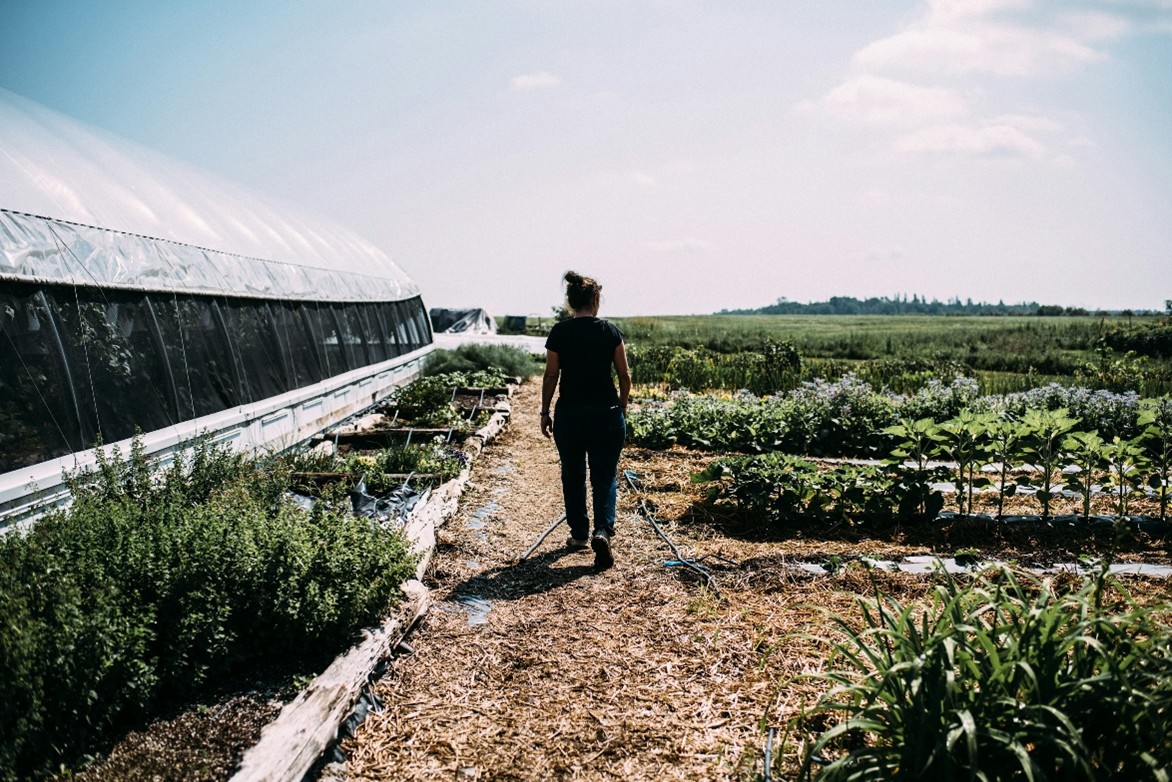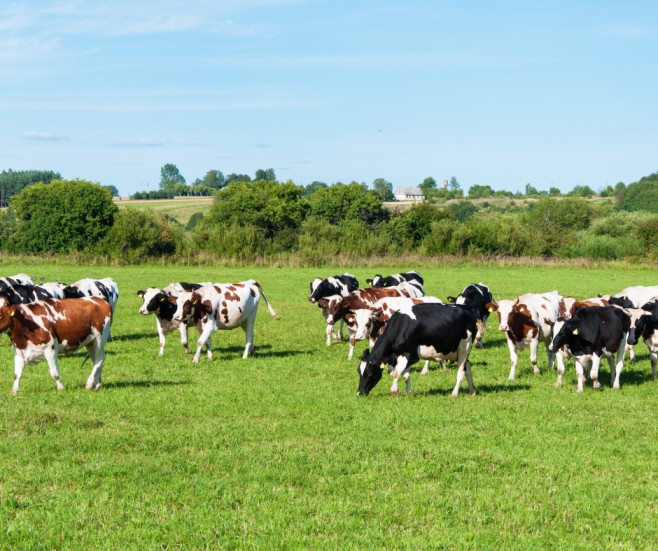On 8 October 2025, the European Parliament adopted its position on a proposed regulation aimed at enhancing farmers’ bargaining power within the food supply chain.
The adopted text seeks to ensure a fairer distribution of value across the agricultural sector by improving transparency in trade relations, promoting written contracts, and reinforcing the role of producer organisations and cooperatives. The initiative responds to growing concerns over rising production costs, market volatility, and farmers’ weak bargaining power, with the goal of restoring fairness, stability, and trust throughout the agri-food chain.
In March 2025, BEATLES provided feedback to the EU consultation on EU farm policy aimed at strengthening farmers’ positions within the food supply chain.
In May 2025, AEIDL, which leads the BEATLES project’s work on policy recommendations and tools, further advanced these efforts. AEIDL submitted a set of targeted complementary amendments to Rapporteur Céline Imart’s early report, focusing on strategic planning and resilience, fairness in contractual relations, and price-setting mechanisms that better reflect production costs and sustainability goals.
The BEATLES proposal emphasised that producer organisations should justify fund transfers and collaborate with authorities on mandatory adaptation plans to strengthen resilience and sustainability. While the final text does not explicitly refer to “adaptation plans,” the European Parliament introduced management and prevention frameworks to anticipate market disturbances and reinforce local economic structures.
Amendment 8 sets up a framework that helps producers plan their production and support local communities. Amendment 109 asks the European Commission to prepare prevention and management plans for market disturbances for each farm product. Amendments 24 and 28 ensure that support measures, including possible use of the agricultural reserve for collective actions in times of serious market imbalance, are applied in a fair, open, and practical way, without reducing farmers’ direct payments.
BEATLES had also advocated for a comprehensive approach to fairness – distributive, procedural, interpersonal, and informational – to ensure transparent, respectful, and equitable relations between farmers and purchasers. The fairness principle is reflected in the adopted text. Amendment 1 recognises that restoring fairness and trust in the food supply chain is essential to protect farmers’ incomes and rebuild confidence in the sector. Amendment 3 says that the terms “fair” or “equitable” should only be used if the farmer fully understands and agrees, ensuring genuine fairness claims. Meanwhile, Amendment 10 supports using “fair” or “equitable” labels by recognised producer organisations, linking fairness to transparency and consumer education. Amendment 21 adds a rule that lets farmers change or terminate contracts if unexpected events happen, like bad weather, political problems, or sudden cost increases. Amendment 34 strengthens openness, stability, and shared decision-making in farmer organisations.
BEATLES also underlined the need for pricing mechanisms that reflect true production costs, including fair pay for farmers, environmental impact, and product quality, while encouraging climate-smart and sustainable practices. In line with this, Article 1 of the amended Regulation requires that contracts must use clear, proven, and transparent indicators that reflect full production costs. As mentioned, Amendment 21 supports flexible pricing by allowing contract changes when market conditions or costs shift. Article 1 also gives priority to buying local and seasonal products in public procurement, helping promote sustainability and support EU-origin production. Finally, the AEIDL team, led by Blanca Casares, Policy Expert and project manager and Serafin Pazos-Vidal, Senior Expert, also noted that the Parliament’s adopted previsions support price transparency, consumer awareness, and rural renewal. Amendment 5 (Recital 4) encourages fair pay for farmers through transparent pricing and product origin information. Amendment 99 highlights how farming helps diversify rural economies and make rural áreas more attractive places t olive and work.


